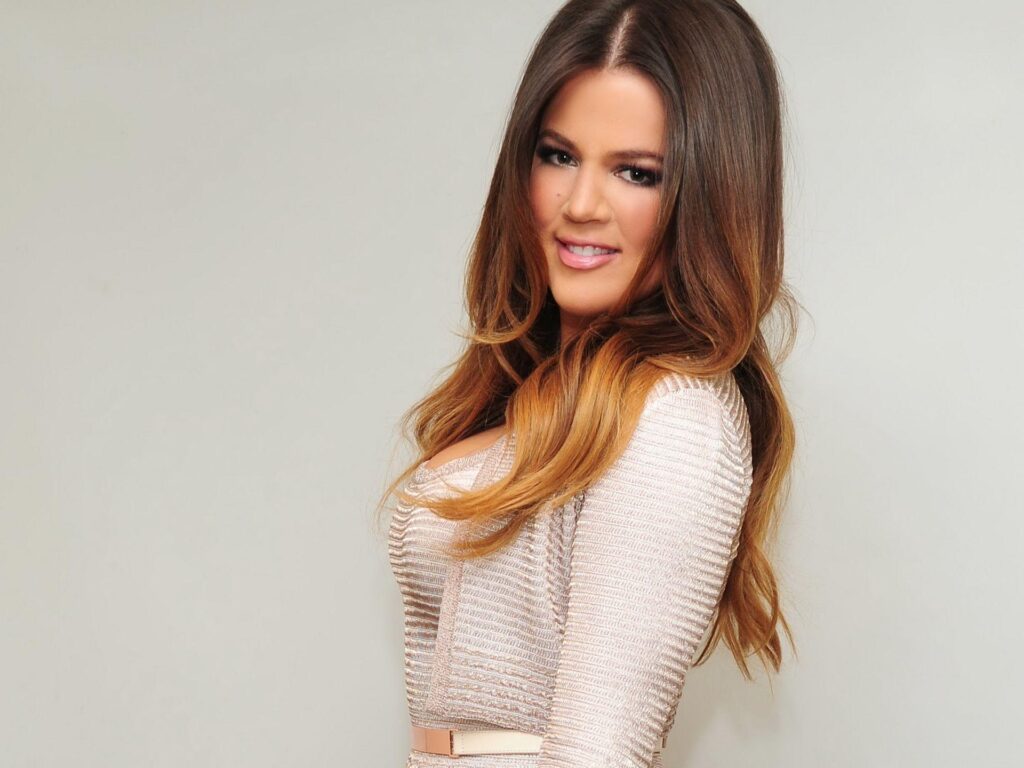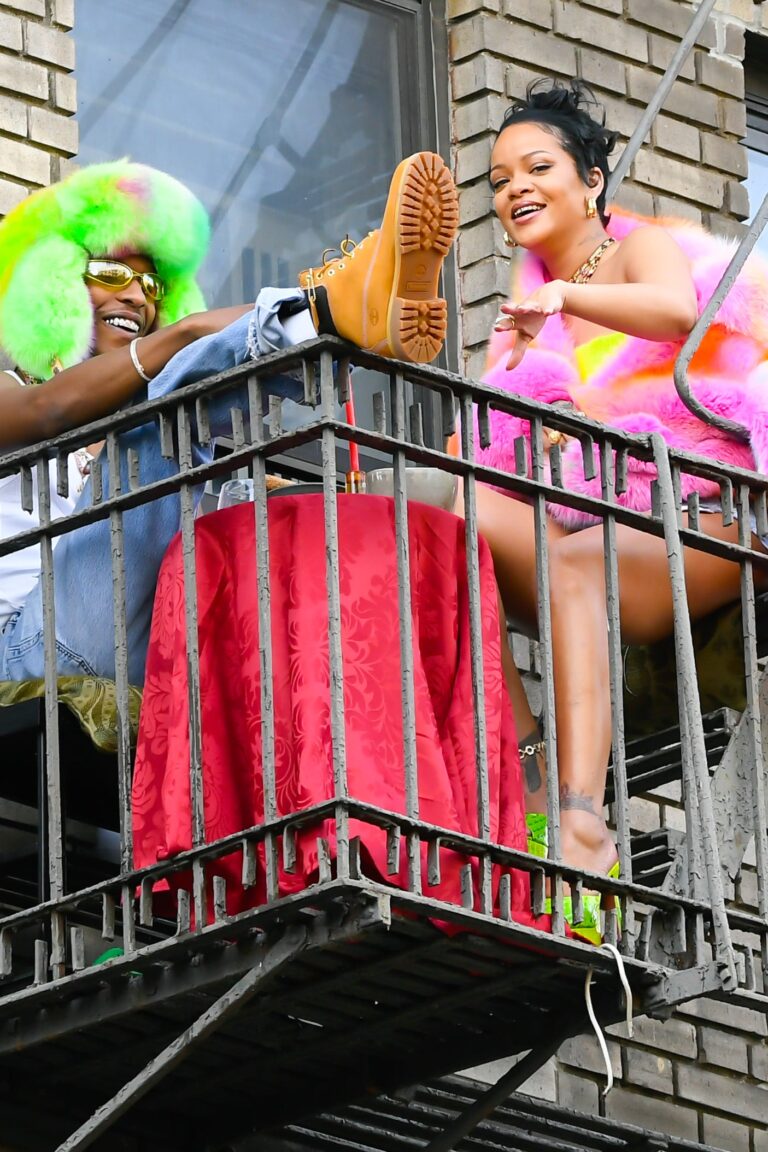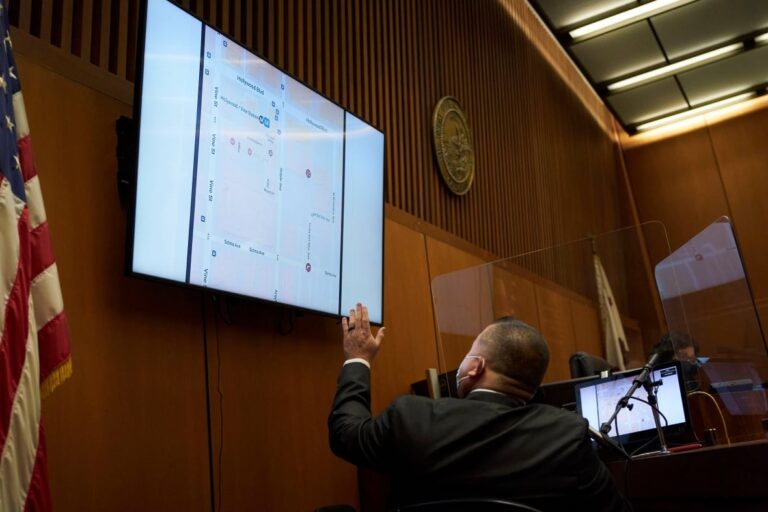
Audience
- Sentiment: Neutral
- Political Group: No specific group
- Age Group: Teens and young adults
- Gender: All genders
Overview
- The article explores the emotional complexity of Khloé Kardashian’s journey in Season Six of ‘The Kardashians’, specifically her reunion with ex-husband Lamar Odom.
- It raises questions about authenticity in reality television and whether the Kardashian family’s portrayed emotions are genuine or curated for entertainment.
- The narrative resonates with a younger audience, as it reflects themes of personal growth, public scrutiny, and the challenges of navigating relationships during adolescence.
The Conflicted Reality of the Kardashians: A Deep Dive into Season Six
Reality television has always been a bit of a curious beast. Shows like “The Kardashians” draw us in with the allure of glamor, drama, and unfiltered access to the lives of some of the most famous people on the planet. The sixth season of this Hulu show, which follows the lives of Kim, Khloé, Kourtney, and their family, is no exception. Like many viewers, I find myself navigating through a river of emotions—amusement, shock, curiosity—while also wrestling with a more profound question: what does it mean when personal struggles become entertainment for millions?
As a 9th grader, you might be juggling your own challenges—whether it’s school, friendships, or growing up in the always-evolving world we live in. When celebrities face their trials on camera, it often feels relatable. But as we dive into the intricacies of Season Six, we must ask ourselves: Are these celebrities genuinely sharing their lives, or is there something more complex happening beneath the surface?
The Premise of Season Six
The first episode of Season Six serves as a pivotal point for Khloé Kardashian as she approaches her 40th birthday—a milestone that can stir up a lot of emotions. With the looming birthday comes a desire for reflection and self-discovery. Khloé’s reunion with her ex-husband, Lamar Odom, adds an extra layer of complexity to this journey. The two share a complicated history. After their marriage, which was filled with love, struggles, and ultimately heartbreak, Lamar’s battles with addiction made headlines, creating a narrative that was both tragic and deeply personal.
This reunion isn’t just some scripted drama designed for views; it represents a genuine search for closure. In many ways, Khloé embodies the struggles we all face in our lives: the need to confront our past to move forward. As a viewer, I can’t help but empathize with her. Many of us have had moments where we need to make peace with something or someone from our past. It’s as if we’re all on the same journey, whether it’s healing from a breakup, moving on from an old friendship, or simply trying to understand where we fit in the world.
Authenticity vs. Entertainment
One of the most intriguing aspects of “The Kardashians” is its attempt to showcase authentic family life while also delivering classic television entertainment. This conflict raises questions about the ethics of reality TV. Are we witnessing genuine emotions when the cameras are rolling, or are the Kardashians curating a specific image designed for audience approval?
During the reunion, the interaction between Khloé and Lamar is awkward, tinged with nostalgia and remnants of past love. Lamar openly discusses his struggles, offering glimpses of vulnerability. Still, between the emotional moments, there is a clear tension. Is this a safe space for two people to discuss their past, or simply another scene designed to elicit tears and sympathy from audiences? Such questions can make viewers uncomfortable when we think about the line between personal healing and public spectacle.
This dilemma reflects the very nature of reality TV itself. On one hand, we are drawn to glimpses of true emotion—feelings of love, loss, and the quest for understanding are relatable. On the other hand, the specter of entertainment looms large over every scene, making us wonder if we’re truly witnessing authenticity or merely a well-crafted narrative.
Khloé’s Emotional Journey
Khloé’s journey through this season isn’t just about her relationship with Lamar; it also mirrors the broader theme of personal growth amidst public scrutiny. As she interacts with Lamar, we see her grappling with her emotions, striving for progression while navigating a complicated history that includes love, betrayal, and heartbreak.
For many teens, entering high school marks the beginning of a journey much like Khloé’s. It’s a time of self-discovery where friendships deepen but can also become strained. Watching Khloé confront her past offers an opportunity for reflection. How do we handle our own past? Do we reach out to our old friends, even those who might have hurt us? How do we deal with unresolved issues? These questions transcend television and echo in our lives.
Khloé’s desire to find closure before turning 40 sparks a conversation that many of us can relate to—finding oneself as we navigate the expectations of adulthood. It’s a relatable narrative. Everyone wants to feel whole, especially as we transition into new phases in our lives. The desire for personal growth is a compelling theme that resonates across age groups, especially as teenagers prepare for their future roles as adults.
The Broader Impact of Reality Television
As we tune into shows like “The Kardashians,” we must also ponder the impact of viewing personal moments through a televised lens. It’s easy to get lost in the glamour, the luxurious lifestyles, and the drama-filled plotlines. But behind the camera, these moments have ramifications for the participants. How many people can truly share their deepest struggles while knowing millions are watching?
This is particularly relevant in today’s world where social media platforms have blurred the lines between public and private lives. Khloé, like many influencers and reality stars, faces the constant pressure of public perception. In a way, it’s like being in a fishbowl where every move is observed, judged, and commented on. This type of scrutiny can complicate personal growth; it creates a sense of performance over honesty.
Moreover, it leaves viewers grappling with questions about our own relationships. When we share our stories—whether with friends at school or online—are we truly being ourselves? Or are we fabricating parts of our identities to fit into a set of expectations?
Conclusion: Reflections beyond the Screen
As the season progresses and Khloé and Lamar continue to navigate their relationship, viewers are posed with a complex mix of emotions. Are we rooting for her personal growth, or are we just here for the next emotional cliffhanger?
Watching the delicate balance of vulnerability and public exposure plays out on screen can lead us to reflect on our lives. What lessons can we draw from Khloé’s experiences? How do we approach our own relationships and the past?
Ultimately, “The Kardashians” serves as both entertainment and a microcosm of deeper issues surrounding personal identity and society’s expectations. It reminds us that, while reality television can feel intimate, it’s also a performance.
So, what do you think? Do you believe celebrities should share their vulnerabilities in such a public way? How do you balance your own life experiences with the anxieties of social perceptions? I’d love to hear your thoughts in the comments below!






